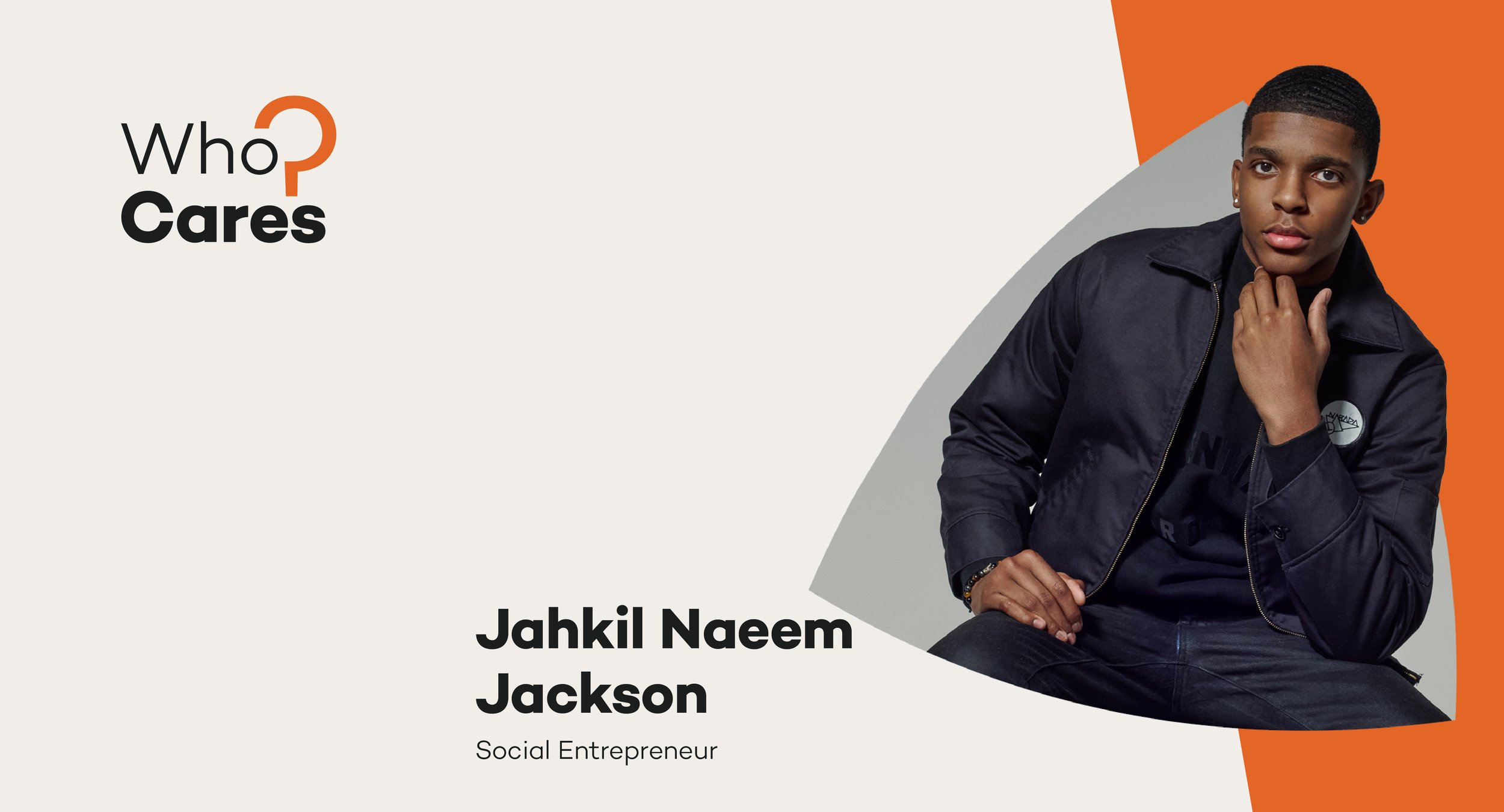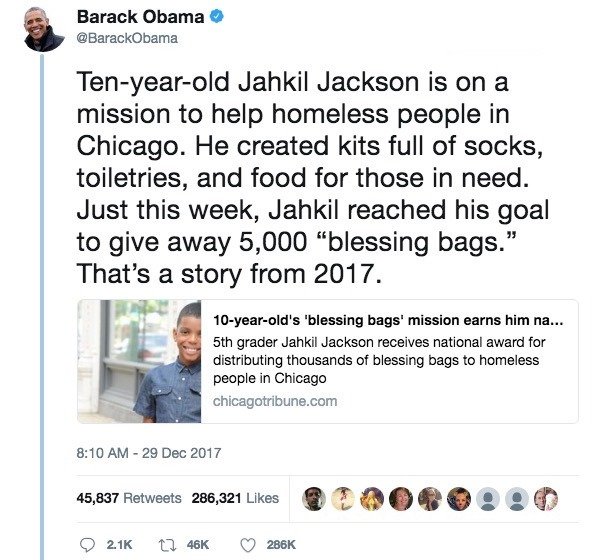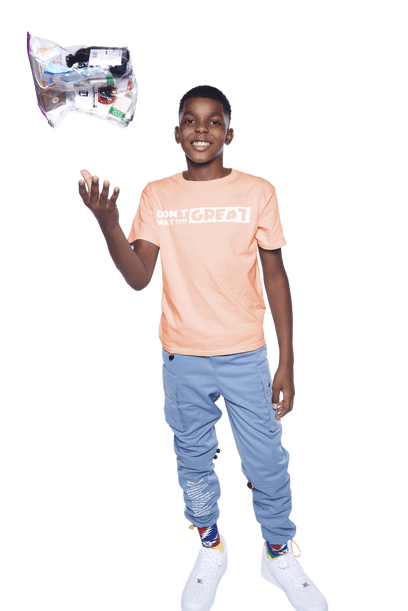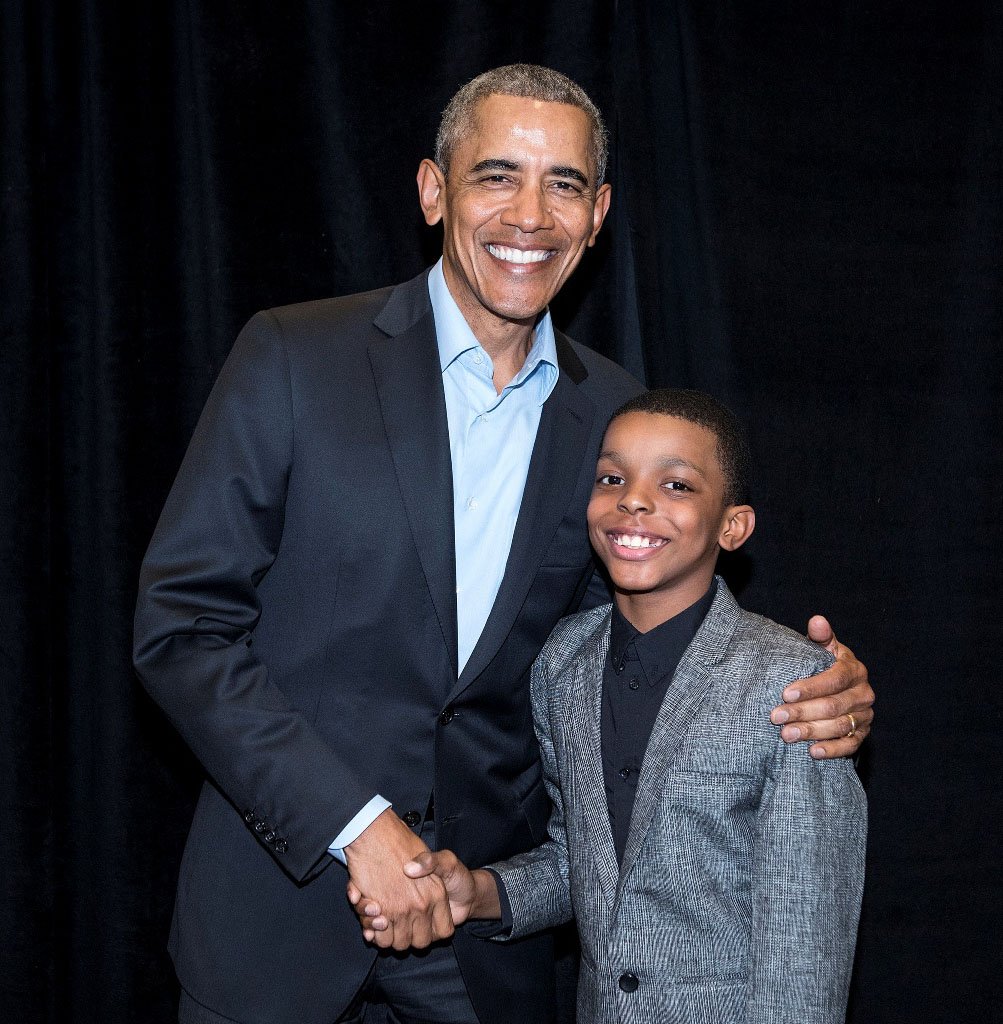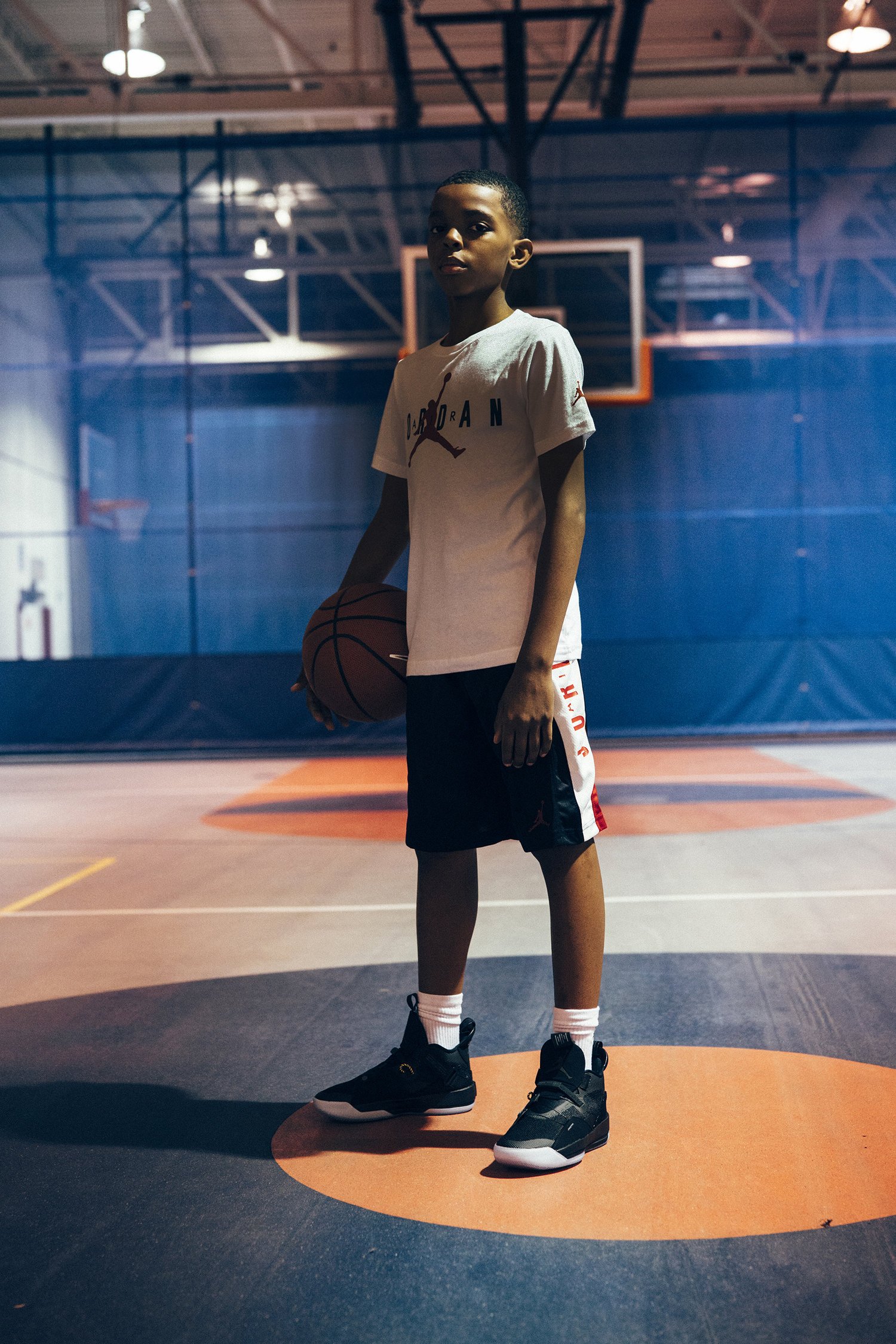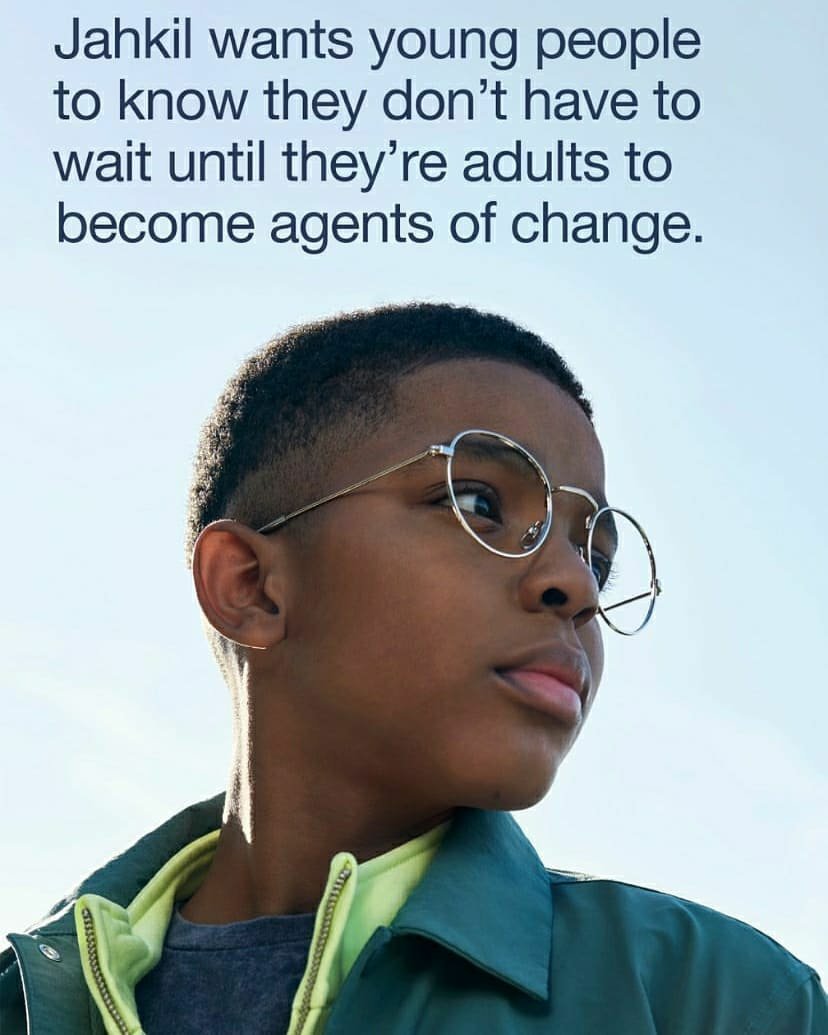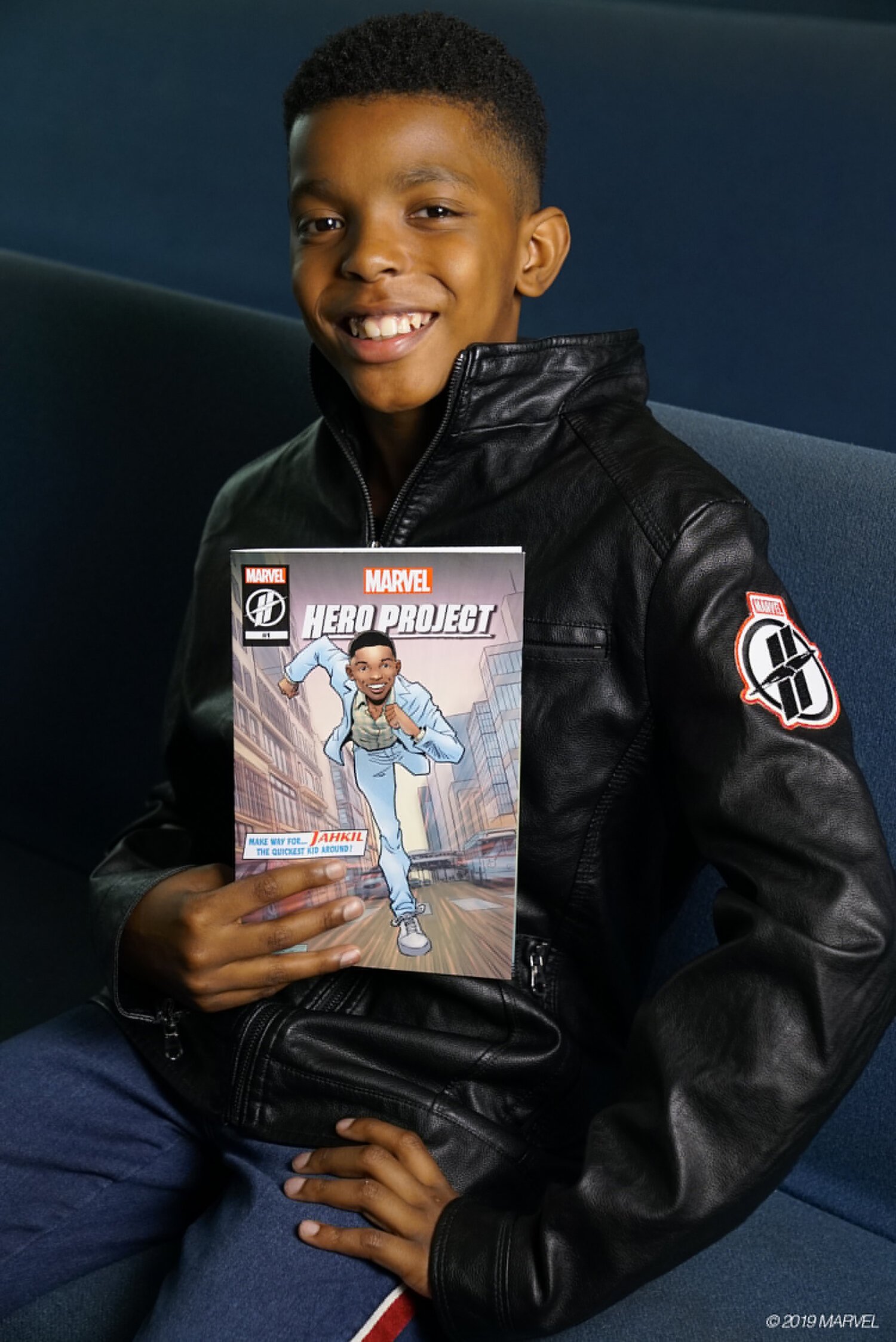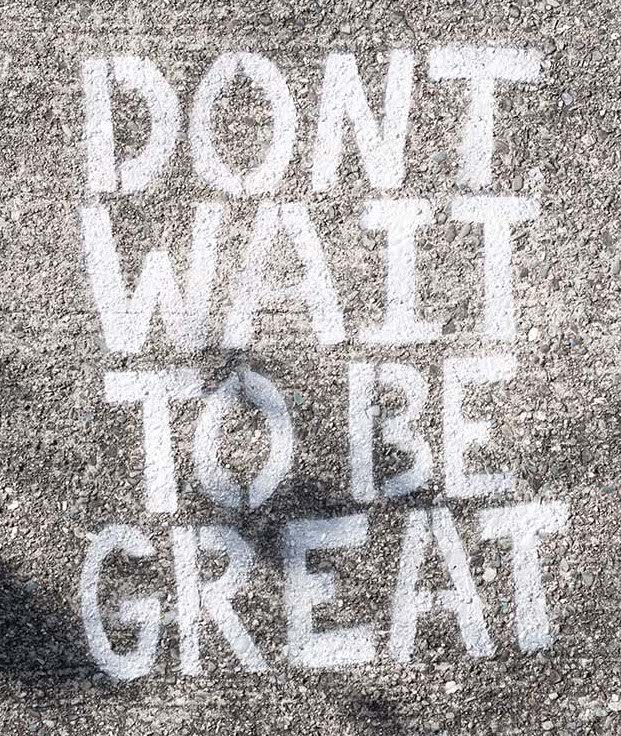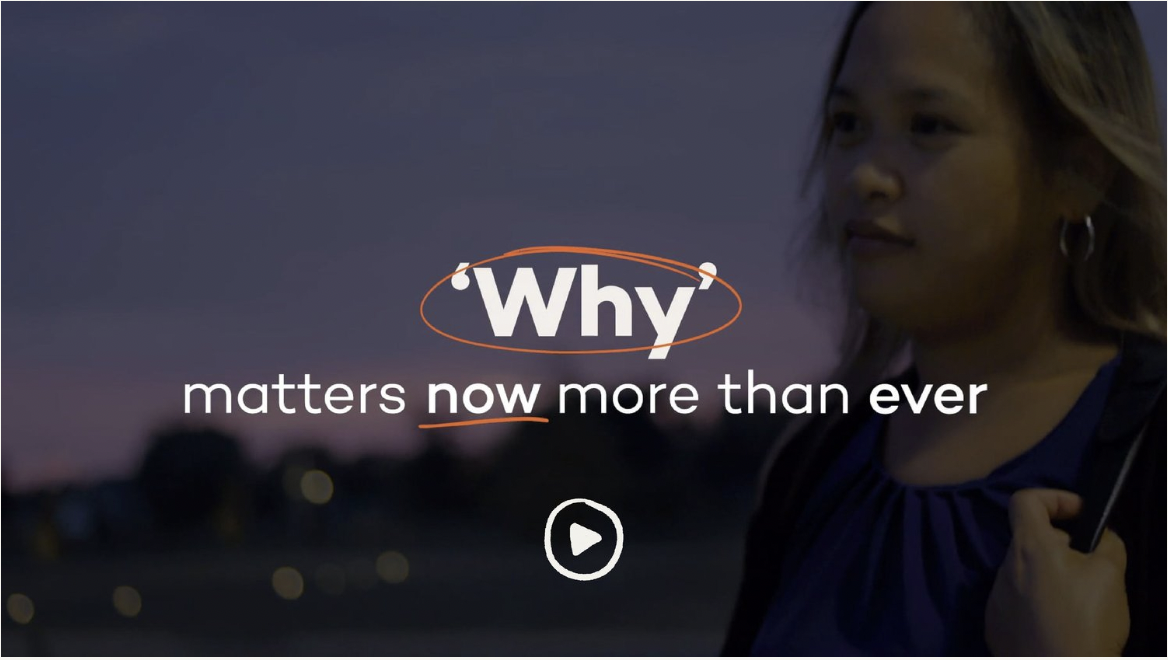Who Cares About Helping the Homeless?
We had a conversation with Jahkil Naeem Jackson, Founder of Project I Am; a nonprofit organization creating awareness and providing temporary support and long-term solutions for the unhoused. Jahkil, who started the organization when he was 8 years old, has dedicated the past 8 years of his life to operating the project. What started as an initiative driven by Jahkil and his immediate family, has grown into a global effort with recognition and support from the Obama Foundation, local and national news outlets and several major brands.
How did an 8 year old start and grow a nonprofit organization with national recognition?
Why do the homeless deserve empathy and support?
What role do young people play in contributing to national and global issues?
What sustainable solutions exist to address homelessness?
Jahkil’s perspective combines a youthful enthusiasm with a wisdom beyond his years and a very sincere compassion for others.
p3: How did you first come to know about the issue of homelessness?
Jahkil: When I was about five years old, I actually went to go feed the homeless for the first time. And see how they live for the first time. My aunt took me and my cousins and at five years old you don't really know that there are homeless people. You pretty much just assume that everybody has a house or somewhere to sleep in.
It was really shocking for me. So I went home and I asked my parents if we can give them houses. Obviously we couldn't do that. That was just my five year old mind thinking.
That showed my parents how much of a passion for the issue and how much I really wanted to do something. I sat down with my grandmother GG and parents to talk about the different things that we have on a daily basis that they don't have, like the daily essentials that we sometimes take for granted.
And that's when we came up with the idea of the blessing bags and three years later we created my organization Project I Am to build awareness of homelessness.
p3: Why do you feel the reality of homelessness impacted you the way that it did?
Jahkil: A lot of five year olds aren't experienced to real world issues. So for me to be five years old and see something like that, it was easy for me to become passionate about it, because five year olds are going to get really interested about anything new that they experience.
p3: Do you think there's something to that? Introducing children to some of these issues at a younger age?
Jahkil: Definitely. That's exactly what I've been trying to do for seven years. I love working with young people because we are the future leaders. We're going to be running the world in the future, so why not start off now so we can be better off? In my opinion, we need to be in those rooms, be in these big conversations, see how things go so that we can be more prepared. There's no reason that I and so many other young people today shouldn’t be able to have these organizations. I think everybody can do it.
p3: Do you think it's had an impact on who you are as a person?
Jahkil: Definitely. I think one of the biggest things I've learned is to put yourself in other people's shoes. I think if you stop yourself from judging and think and see how you would feel if you were in their situation, that gives you a better understanding.
p3: Have you learned anything from individuals that you have interacted with who just happened to be homeless?
Jahkil: I've learned that the stereotypes on homeless people are not true. That's one of the main things. A lot of people think they're scary. That they're going to hurt you, things like that. In my experience, the stereotypes are not true at all. They are people too. They're human. They cry the way we cry. They breathe the same air that we breathe. They are no different.
p3: Do you have any heroes in your life that have inspired you maybe to care the way that you do?
Jahkil: I would say my parents and my grandmother GG, they're the big reason why I do what I do. Well, really, most of my family, they're their own boss. Seeing that growing up, seeing them work for themselves, having their own companies was an influence on me with my starting my organization and being my own boss. And it's influenced my goals and future. So I would say my family, my parents are definitely the biggest heroes and they have impacted my whole life throughout these seven years.
p3: How do you feel the majority of our society views the homeless?
Jahkil: Well, I think the majority of society views the homeless as violent, scary, dangerous things like that. And while you do have to be careful, of course, because we still live in a world where a lot of dangerous things can happen, but I think that it is important to put yourself in their shoes. You don't know what their situation is. Every single person has their own story that has led them to where they are today. So I think that while most of the world views them as, you know, dangerous and violent, I think it's important that we see past that and give them some type of sympathy because we don't know their situation.
p3: You have spent hundreds of hours interacting with individuals who are homeless, what is your perception now?
Jahkil: Well, my feeling has been the same since I was that five year old kid. When I was five years old I was just focused on helping other people and that was my main focus. So I think that carried on throughout all these years. My perception on the homeless has stayed the same. I love working with with other young people and I love working with homeless people. I view homeless people as human beings. The exact same as us. They have just been put in different situations.
p3: Overall, how have you and your organization been received by the individuals that you are aiming to support and help?
Jahkil: That's one of my favorite parts. I hear good messages and compliments when you give out the bags. I hear them say things like “stay in school.” “God bless.” “Thank you.” I've actually gotten some great memories from people staying behind and telling me their stories and how they ended up where they are.
I think that's one of my favorite parts about about what I do since I'm a young person. They're so surprised that I'm doing this at a young age. It impacts them and gives them hope. That's what I realized that I'm doing. Because I’ve grown up and now I know and understand that these Blessing Bags are not going to get them off the streets. But what I realized that the Blessing Bag is giving them hope and what I'm doing could possibly inspire them. And I don't care if one person gets inspired and ends up getting off the streets, that's important for me.
p3: So what is the current mission of ‘Project I Am’?
Jahkil: I'm transitioning because I'm a junior now. I'm going to be going to college soon. I know when I go to college it is going to be difficult for me to run the organization so my GG will be keeping everything in order for me. For me, what's important is expanding the organization. I want to have other young people running branches of Project I Am all over the country and hopefully all over the world. So that we can really become worldwide and even have a bigger impact.
p3: What solutions to homelessness do you think can be most effective?
Jahkil: Tiny homes can be so beneficial. The tiny homes I saw in LA were amazing. They have whole tiny house communities. You feel so much positivity when you go to a tiny house. Shelters aren't permanent. They move you out after a certain period of time and then there's new people that come in. So a tiny home being something permanent, they can use that until they get back on their feet. That's amazing. I'm working with a couple of organizations who are bringing that to Chicago. So hopefully in the next couple of years that can get done because I think that's probably one of the biggest ways that we can demolish homelessness.
p3: Are there specific organizations that you're working with that have shown support for your project?
Jahkil: I was tweeted by Obama and got to meet him. So we've been communicating with the Obama Foundation for years. Obama said he was going to help me with my projects in the future, so I'm going to give him a call. You know, make sure he's still on board.
p3: What have been some of the keys to the growth of your organization?
Jahkil: Well, it might be a weird one, but I think maybe the biggest moment that led to a lot of success that we have right now would be COVID. We were able to make a positive out of it.
The year before we had done 20,000 bags and the year before that was 20,000. When COVID happened, we didn't know what we were going to do because we were not able to have volunteers. So it was me, my mom, and my dad packing bags in the living room, and then my GG will come and get them and give them to shelters.
And that wasn't working. And that's when I thought about virtual packing parties. The best idea that we ever came up with, because we've been able to impact so many places and been able to get so many bags done, more bags than we've ever made possible. I think our last packing party was in November, on Giving Tuesday, and we did about 15,000 bags in one hour. We had almost 60 cities and nearly twelve hundred people involved. We have never done 15,000 in an hour. That's insane.
p3: So when the organization started, it was you and your mom and dad?
Jahkil: Well, it was Me, my parents and my GG and a few of my friends usually come together to do Blessing Bags too.
p3: So from three people to a thousand so far.
Jahkil: Yup.
p3: That's awesome. Were there things that happened along the way that you think helped you to get the organization more exposure?
Jahkil: In the second year of the organization WGN had me on the news. And from there, more news stations started picking it up. And then from there we went on to brands that started picking it up. That's when a lot of the attention came for the organization. So it all started with that one news interview. There was just a domino effect from there, and then came the Obama Foundation.
p3: What was the feeling when you heard that you were going to meet Barack Obama?
Jahkil: Well, actually, it was a surprise event. The Obama Foundation invited us to a reception and when we got there, I was the only kid, but I'm used to it. Right when we were about to leave, a guy came out and said, ‘You guys are going to meet Obama.’ So I started jumping up and down and I was shaking my mom. When I walked up to him, there was like a lady next to him who was supposed to tell him who I was and he actually interrupted her and said, ‘I know who this young man is.’ It was probably the best day of my life.
p3: That's amazing. What did he say to you?
Jahkil: He asked me about my future plans, my goals, and we just had a good conversation about things that I've done and he said he was proud of me for the work that I've done so far.
p3: What brands and corporations have you worked with?
Jahkil: I have worked with Nike, Gap, Marvel. I've been able to gain support from a lot of those campaigns and a lot of donations have come from that, so that's been very helpful.
p3: How can people help?
Jahkil: Well my official website is officialprojectiam.com. That's where you can donate and find out more information about the next packing party. I actually have a partnership with Crate and Barrel. We have Power Pillows with affirmations on them that are in the stores.
p3: What messages do you have for any individual who aspires to create positive momentum in the world?
Jahkil: I would say a lot of times we can get caught up in like how big it needs to be. The goal is for you to create something that you've always dreamed of that you are really passionate about. And that can be to any scale. I started off small and that gave me room to really adjust and see what I want to do to make difference.
p3: Do you believe that our city, country, world can actually significantly reduce homelessness?
Jahkil: I definitely believe so. If we can get enough young people, I keep stressing young people because we are going to be leading the world sooner than we know. My motto is ‘Don't Wait To Be Great.’ It means that young people don't have to wait until we're adults to be change agents because we can start our own businesses and follow our passions right now.
p3: What do you attribute to the success that you've experienced?
Jahkil: I would say my will to give back and my will to inform other young people. Just giving back to other people is something that I feel like is in me. My middle name is Naeem, which means to give without receiving back. So I always felt it was kind of in me to give back to people.
p3’s Takeaway
You are never too young or too old to make an impact and all you need to get started is the desire to help others. Jahkil started his organization by seeing a need and reacting to it as an individual with only the means he had available to him at the time. He took action, but more importantly he sustained that action. By continuing to follow his heart and respond to the needs of the homeless, others around him took notice and were inspired to support him and bring awareness to his efforts. No matter how small an effort begins, or how large it becomes, the intention behind it (AKA, the heart) will always be the fuel that drives it forward.
Jahkil’s ‘Why’ is everyone deserves a safe and reliable place to call home. Check out p3’s ‘Why’:


